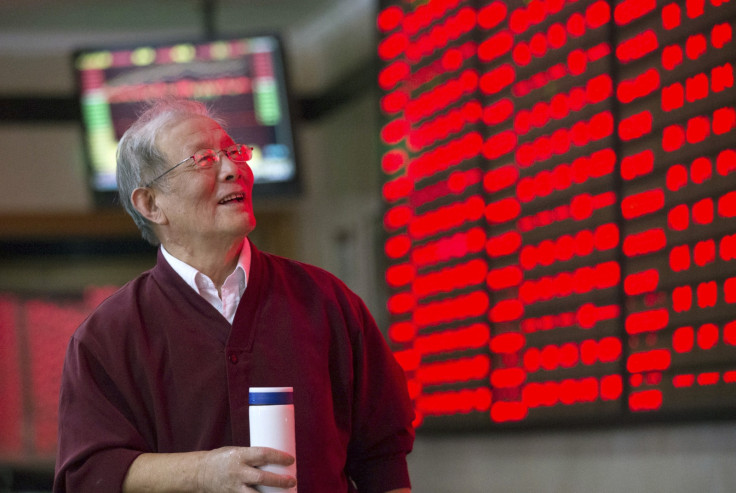Asian markets: Nikkei leads gains as Japanese prime minister's ruling coalition wins upper house elections
The win made many analysts believe that PM Shinzo Abe would issue a fresh fiscal stimulus package.

All Asian stock market indices were trading higher on Monday (11 July). The Shanghai Composite Index was up 0.46% at 3,001.92 as of 6.41am GMT. However, among all Asian indices, the Nikkei 225 gained the most following Japanese Prime Minister Shinzo Abe's ruling coalition winning the upper house elections on Sunday (10 July).
The landslide win, made many analysts believe that Abe would issue a fresh fiscal stimulus package, in order to push through his economic agenda, referred to by many as Abenomics. "It is likely that a large-scale economic stimulus program, in the magnitude of at least 10 trillion yen (2% of gross domestic product), will be implemented in order to restart Abenomics. Some of the measures to be included in the package will be policies to reduce economic inequalities among the citizens and regions of Japan ", Societe Generale was quoted as saying by CNBC.
The rebound in Asian markets, which saw it touch its four-week high, also follows positive US non-farm payroll data released on Friday (8 July). This data revealed that the US economy added 287,000 jobs in the month of June, which was not only higher than the median forecasts but also better than the May job data, according to Reuters.
Indices in the rest of Asia traded as follows on 11 July at 7.01am GMT:
| Country | Index | Price | Up/Down | %Change |
| Hong Kong | Hang Seng Index | 20,860.23 | UP | 1.44% |
| Japan | Nikkei 225 | 15,708.82 | UP | 3.98% |
| South Korea | KOSPI | 1,988.54 | UP | 1.30% |
| India | CNX Nifty | 8,461.95 | UP | 1.67% |
| Australia | S&P/ASX 200 | 5,337.10 | UP | 2.04% |
Among commodities, oil prices declined amid seasonally weak consumption. While WTI crude oil was trading lower by 1.04% at $44.94 (£34.75, €40.74) a barrel, Brent crude was trading 0.86% lower at $46.36 a barrel as of 7.11am GMT.
© Copyright IBTimes 2024. All rights reserved.





